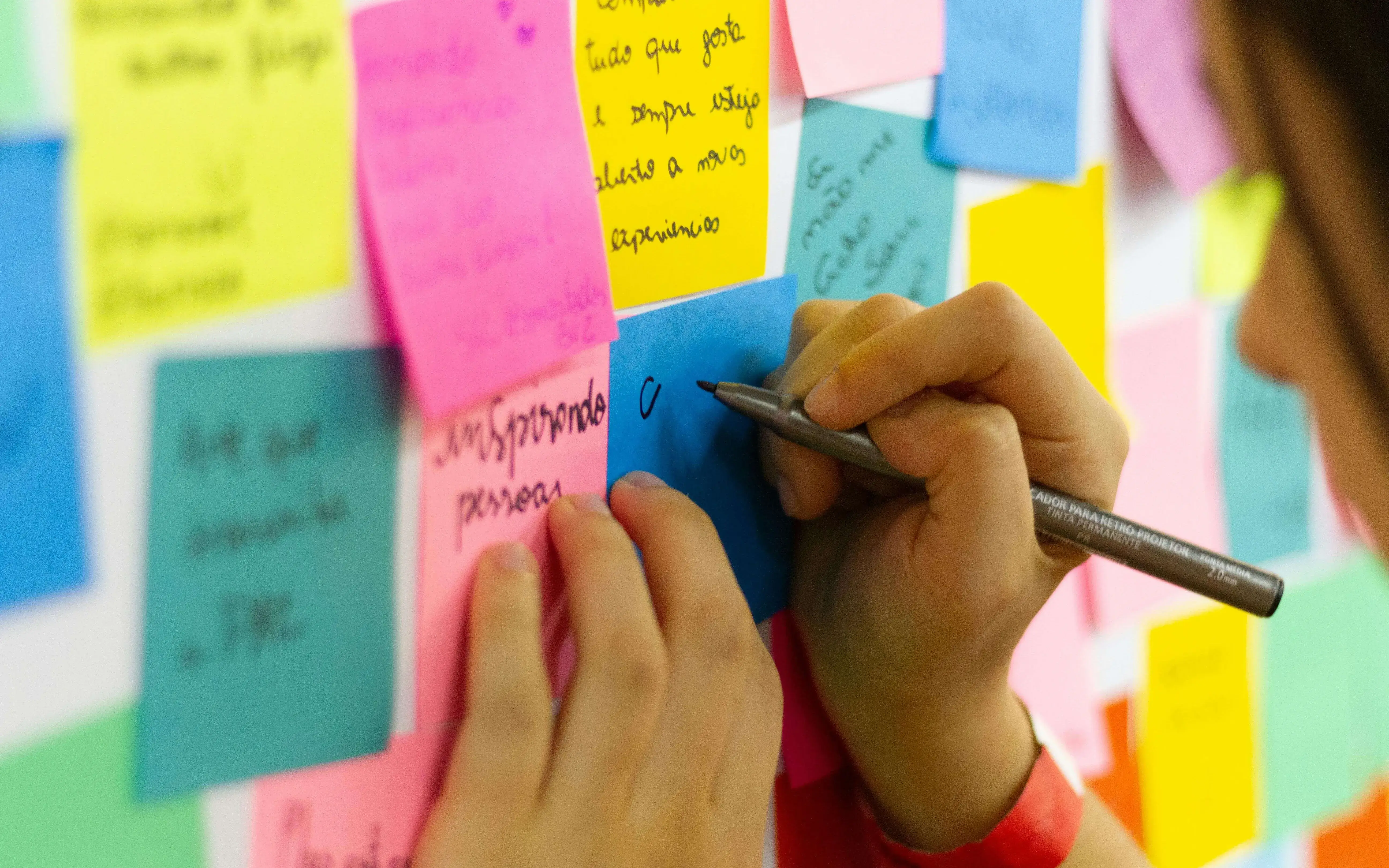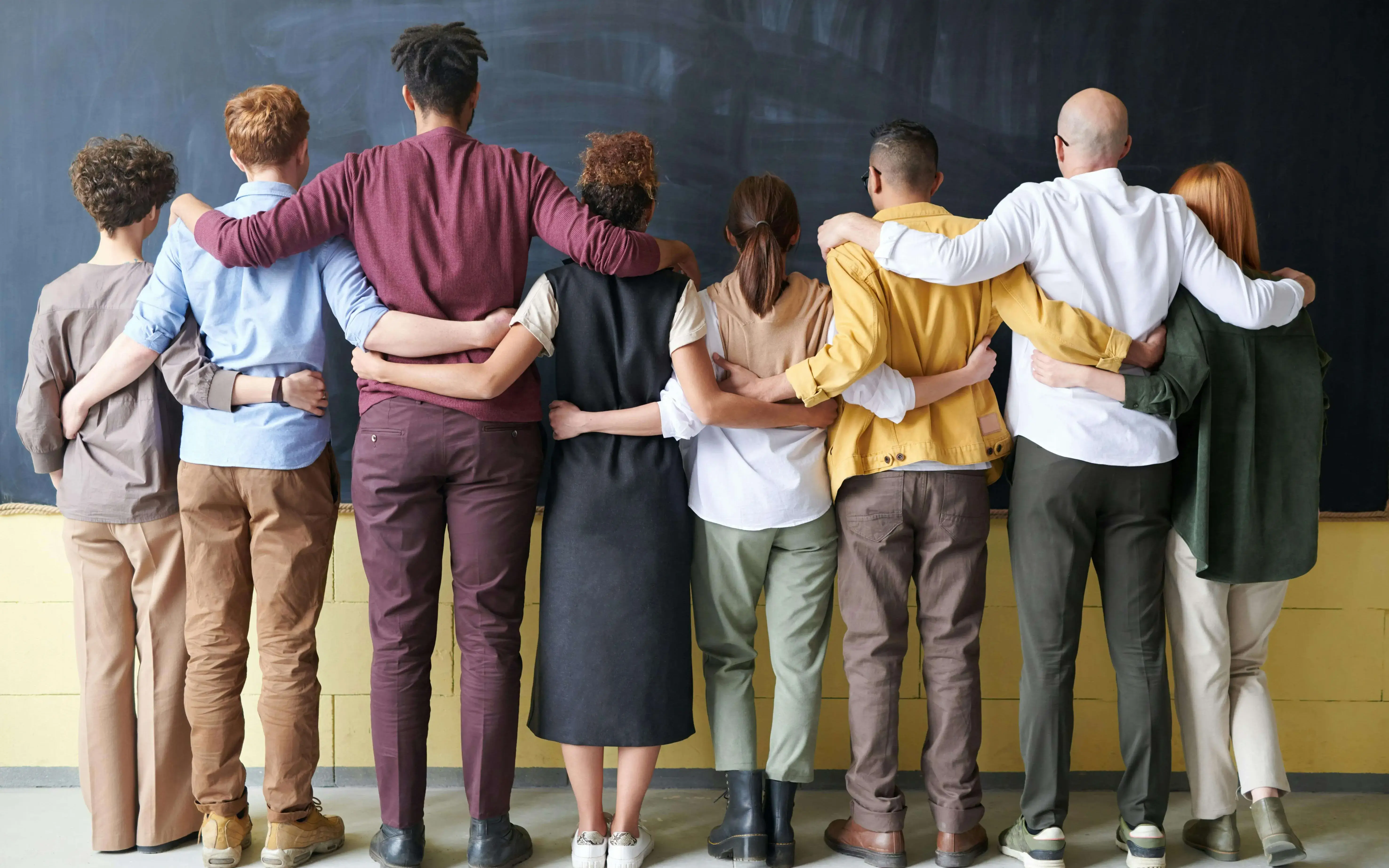Giovanni Allegretti: "Cooperation and transformation of territorial landscapes. In which direction are we going?"
Interview with Giovanni Allegretti, urban planner and researcher at CES (Center for Social Studies) at the University of Coimbra, in Portugal.
Giovanni, you graduated in Florence, within the scope of the “Territorialist School” which has its origins in Tuscany. Today you work at a Social Studies center in Portugal: what still stays with you from your training?
Several things have accompanied me on the new path. I will highlight four main ones: 1) the ability to face multidisciplinary dialogue with the ambition of being able to produce something transdisciplinary that is more than the sum of separate components and disciplines; 2) attention to the material aspects of reality (green fabrics, construction materials, urban design and architecture, especially vernacular manufactures); 3) attention to the construction of networks of actors and cities, which I consider fundamental in the continuous daily evolution of our democracies, as well as in the management of territory and the socialization of knowledge, understood as a crossing of perspectives and complementary knowledge that comes from different sources , 4) and finally the attention to the landscape, as a dense concept that makes a dialogue between the natural territory and the anthropic territory, that is, that shaped by the society that inhabits it through work and strategies for caring for and protecting the environment.
Has this theme of landscape as a bridge and meeting point between nature, inhabitants and the world of work and economic and cultural production been at the center of any recent cooperation project?
In the first ten years that I spent in Portugal I worked mainly with different forms of civic participation, and often in an urban context, but since 2017 my interest in open territory has grown, thanks to meeting some colleagues who work in the social sciences (but coming from biology, for example) that allowed me to recover a part of my history, when I had the opportunity to work in Tuscany as a coordinator of master plans in extra-urban and mountain areas. This experience had been important, because it helped me discover different ways of conceiving the participation of inhabitants in the management of territories, very different (and sometimes more difficult) than in cities. The first project I engaged in in Portugal was – in 2017 – “Comunix– Active Participation of Young People in the Governance of Community Areas”, a project that involved transnational partnerships between entities in Portugal, Galicia and Italy, financed by the European program Erasmus +.
What was “Comunix” about?
The starting point was to inform Europeans about the existence and functioning of the community lands of Portugal, Galicia and Italy, which function differently, but have a common origin in the idea (lived since the Middle Ages) that each territory needs to reserve some spaces of “social justice” for those who do not have property in rural areas and need to survive, having access to common territories for cultivation, forestry and livestock raising. These “common lands” exist in many European countries (in the Netherlands, for example, they are part of the land taken from the sea), with diverse and historic forms of governance, but always linked to an active role of the communities that live there in taking decisions. Today these territories share the same intergenerational problem. Younger people are unaware of their existence and the importance that common lands can have today for the well-being of local populations, for the sustainable management of natural resources and for the practices of democracy and citizenship.
COMUNIX invested in the construction of “community schools for young people” aged 18 to 30, in community areas in different countries (in Portugal called “baldios” and in Spain “montes vecinais”) for them to experience the potential and challenges of governing in common territories, seeking to reverse environmental degradation, enhance local development and contribute to the well-being and flourishing of local populations, taking into account fundamental values such as democracy and social justice.
Who were the project partners?
In addition to CES, the cultural cooperative Trespés, from Galicia and Partecipanza Agraria de Nonantola in Italy. We also count on the “active participation” of the Baldios dos Lugares of the Extinct Parish of Vilarinho, municipality of Lousã, and the Galician Mancomunidade de Montes Veciñais en Man Común, of Pontevedra. Along the way we also built a growing dialogue with the National Federation of these collective lands in Portugal, called BALADI. What unites us is knowing that throughout Europe there are places with common lands whose future depends on the involvement of younger generations, to stay alive and face adverse environmental and socioeconomic contexts. And also to face lobbies that – today, these types of marginal lands have become more attractive for wind farms, mines, cell phone antennas, etc. - they want to make these lands public, which could also be the first step towards their privatization, if there is not a battle to protect them from regulations that can favor dynamics of commodification and commodification.
The Manual we produced aimed to test and facilitate the creation, implementation and evaluation of community schools, based on the active exchange of experiences between different countries, in order to also strengthen European networks for the defense and promotion of other ways of proceeding and living in common. Being part of the European Parliament's first interparliamentary event on the defense of the Common Goods (which in 2023 acquired new strength taking the form of the “Beyond the Growth Conference”) was a great source of pride for us.
Did you revisit the topic later?
I would say that this theme really impacted me, so I always tried to carve out a space for it in other projects, creating it as a “fil rouge”. For example, in “Inova Juntos” – a cooperation project with Brazil and Latin America to promote local innovation, we managed to involve some of these community lands (in the Arouca and Parque da Estrela Sul areas), to vindicate their importance as an institution recognized by the Portuguese State but little known, despite representing more than 500,000 hectares in the country, and almost 1,100 vacant communities. Cooperation takes place on topics such as rural tourism, fire prevention, water management and the transformation of agro-silvo-pastoral activities into a “mosaic” (to increase biodiversity and reduce monocultures). And we discovered important similarities with other types of areas with strong historical components of shared management, such as indigenous lands and quilombola communities founded by freed slaves.
Last year, we have been organizing a highly successful event on Community Lands at the 2023 Congress of the Sociedade de Historia Agraria, and we are preparing a monographic magazine to be distributed in Portugal with a widespread periodical. The reason is that now it is important to consolidate the forms of collective popular self-management, given that the fourth Portuguese Law on Collective Lands (n.º 75/2017) establishes for 2032 a final term for collective lands to be self-organized, in order that their managed would not be transferreed to other more classic territorial entities.
Is the theme of community lands currently present in your projects?
In addition to Inova Juntos, he is present in “PHOENIX: The Rise of Citizens' Voices for a Greener Europe” which I currently coordinate in 10 countries in Europe. We chose to have a cross-border pilot project of public participation in the Eco-region of Gata-Malcata (between central Portugal and Spain), where there are several of these collective lands, which complicate the governance of these areas, but offer an interesting challenge to imagine different and creative forms of civic engagement in the management of the territory, with special attention to the elderly population in areas of low housing density, and young people who are abandoning these territories, if incentives are not created for them to be able to install innovative activities in these areas marginalized by legislation and public authorities.
In your opinion, is the issue of “collective lands” seen today more as a part of the broader issue of “common goods” or as an archaic inheritance that deserves to be overcome?
It depends on who looks at it. For example, those who work in the Social and Solidarity Economy, on the contrary, see great potential for innovation in these areas – linked to the theme of collaborative management of the commons and new democratic innovations. On the other hand, the Municipal Councils of many countries and their representatives in parliaments are interested in presenting them as an “archaic” theme, which has nothing to do with modernity, because this would justify normative interventions that would put an end to collective lands.
Is it possible to truly dialogue with the world of territorial practices and the world of academia?
It depends, sometimes the academy is closed in an ivory tower and you don't go out into the street to put your hands and feet in reality, as suggested by the great urban planner and participatory biologist Patrick Geddes. Only a part of academia has innovative approaches to innovative themes that have to do with new forms of democracy. Among jurists, for example, there is still a lot of reluctance to deal with topics such as “civic participation” in a structured way, because it is seen as praxis and not as an appropriate field for those who think that dealing with regulations is dealing with “codes” more than supporting “ongoing sociocultural transformations”. The abandonment of the tradition of “extension” (the university’s commitment to the territory) did not help much in this sense: but it is a consequence of not having been considered a “rewarding” activity within the academy’s activities, by the state and the Curriculum Assessment Centers.
And there has always been a tendency towards extractivism: not helping society, but capitalizing on the end of one's career by analyzing what it produces. We are very careful at CES to return part of the benefits of the projects to society: creating a laboratory and space for permanent reflection together with social movements and the world of politics.
What is the role of academia in the issue of collective lands?
Unfortunately, much reduced for now. On the topic of collective lands, there are also unsuspected actors who fail to see the innovative potential of common lands within new models of environmental management. For example, part of the academy in Italy (including the resource center that the University of Trento manages to keep the network of collective land alive throughout the country) – although it defends these areas and their socio-cultural value – does not seem to see modern potential in them. . Therefore, it is these lands themselves and their federations and networks that have to help themselves, renew statutes and management institutes, and show that modernization to respond to the challenges of the future is possible and desirable. But involving young people is still not easy, and therefore the possibility of modernizing these areas is often limited by the prevailing mentality of those who deal with them. But in academia, many good minds – and younger ones – are becoming interested in the topic.
I never was, I was always more concerned with interdisciplinarity than with disciplines, and I gave importance to trying to make an impact on society and public policies, more than producing articles that risk being locked away in university drawers. For this reason I have always fought in social movements, I have mixed academics and politicians in all the projects I have been building, and for this reason I find myself well at the Center for Social Studies, which has an important political-social mission and many researchers who participate of the institutional life of their countries as well as of the European Union.
I also learned a lot when I agreed (at the age of 45) to “contaminate myself” with politics, and was appointed member of the Authority for the Guarantee and Promotion of Participation in the Tuscany Region (in Italy, between 2014 and 2019). I ended up proving that the socialization of knowledge is much more than just translating academic works into languages that are understandable to laypeople, but it is about accepting the plurality of sources that constitute knowledge, and the importance of what intellectuals such as Boaventura de Sousa Santos and Walter Mignolo have be naming as the “ecology of knowledge”.
How important are networks in your work?
Very. Networking takes up a lot of space and a lot of my time, because it requires mutual trust – which is difficult and slow to build. I was used to thinking of regional and national institutions not as forms of cascaded centralism, but as a federative construction from below. I take the issue of subsidiarity, which is fundamental to the European Union framework, very seriously. And I really believed in “city diplomacy”, that is, in the role that cities play internationally: for peace, defense and a harmonious relationship with nature and non-human beings, but also for the evolution of our democracies. For this reason, today I am an active part of many networks, such as the International Observatory of Participatory Democracy (based in Barcelona), some UCLG commissions, and networks of researchers and activists such as KNOCA (Knowledge Network on Climate Assembly) or the R&D network, which will growing a lot on the planet and are bringing different knowledge and roles into dialogue to make our democracies grow in a more participatory direction.







Add new comment